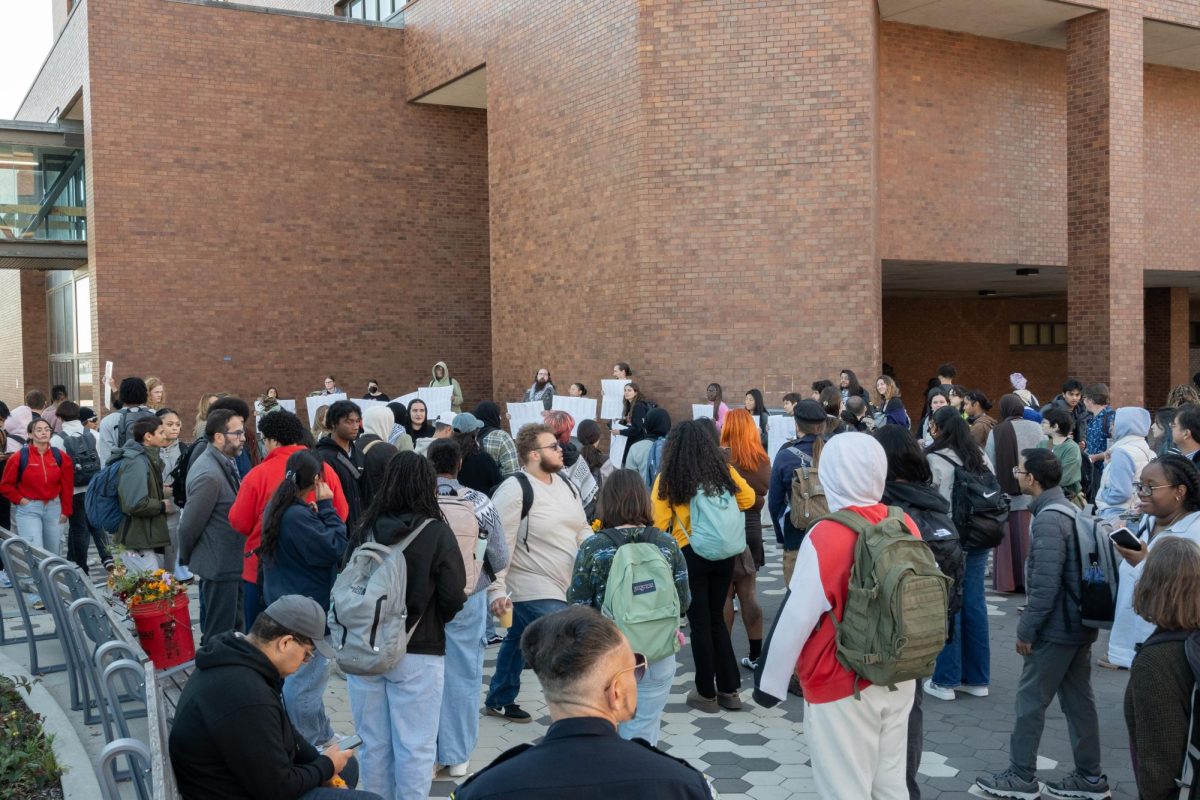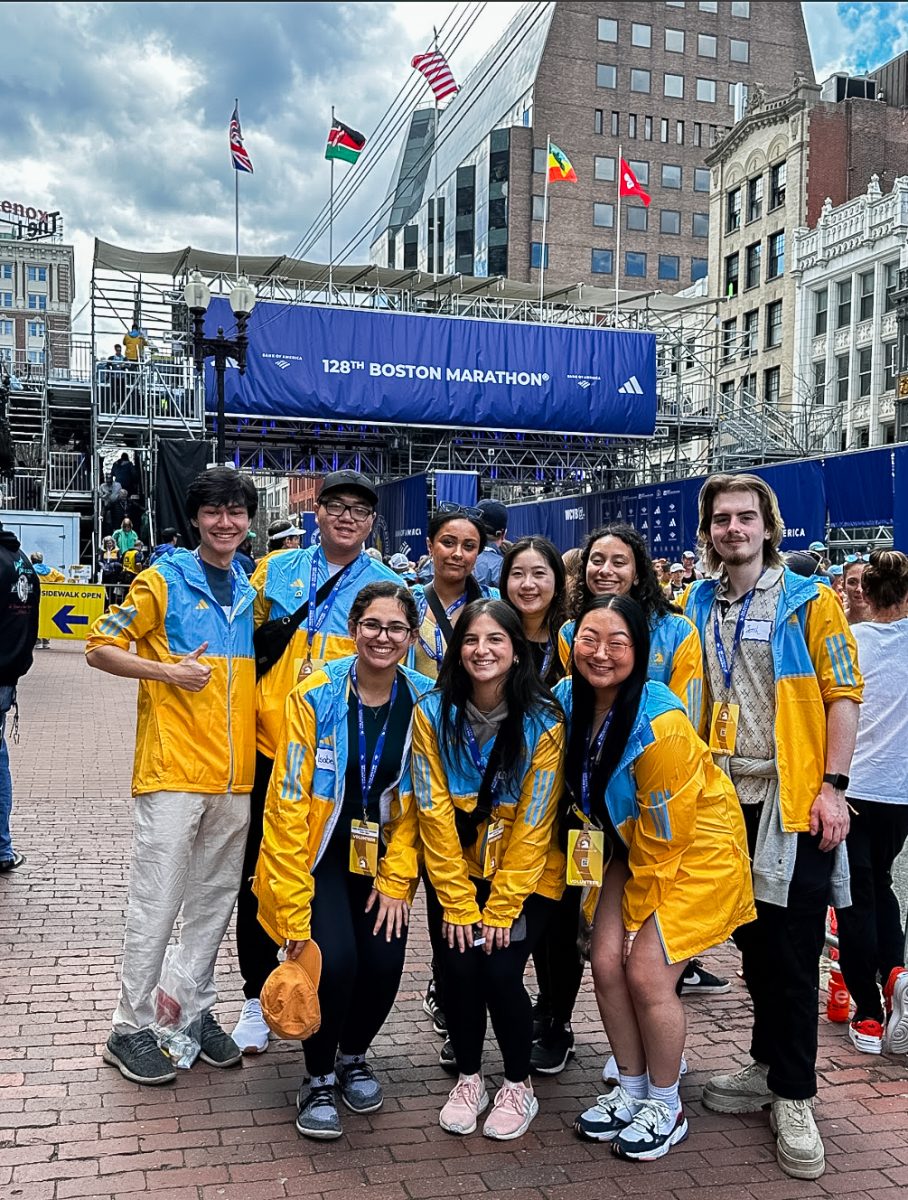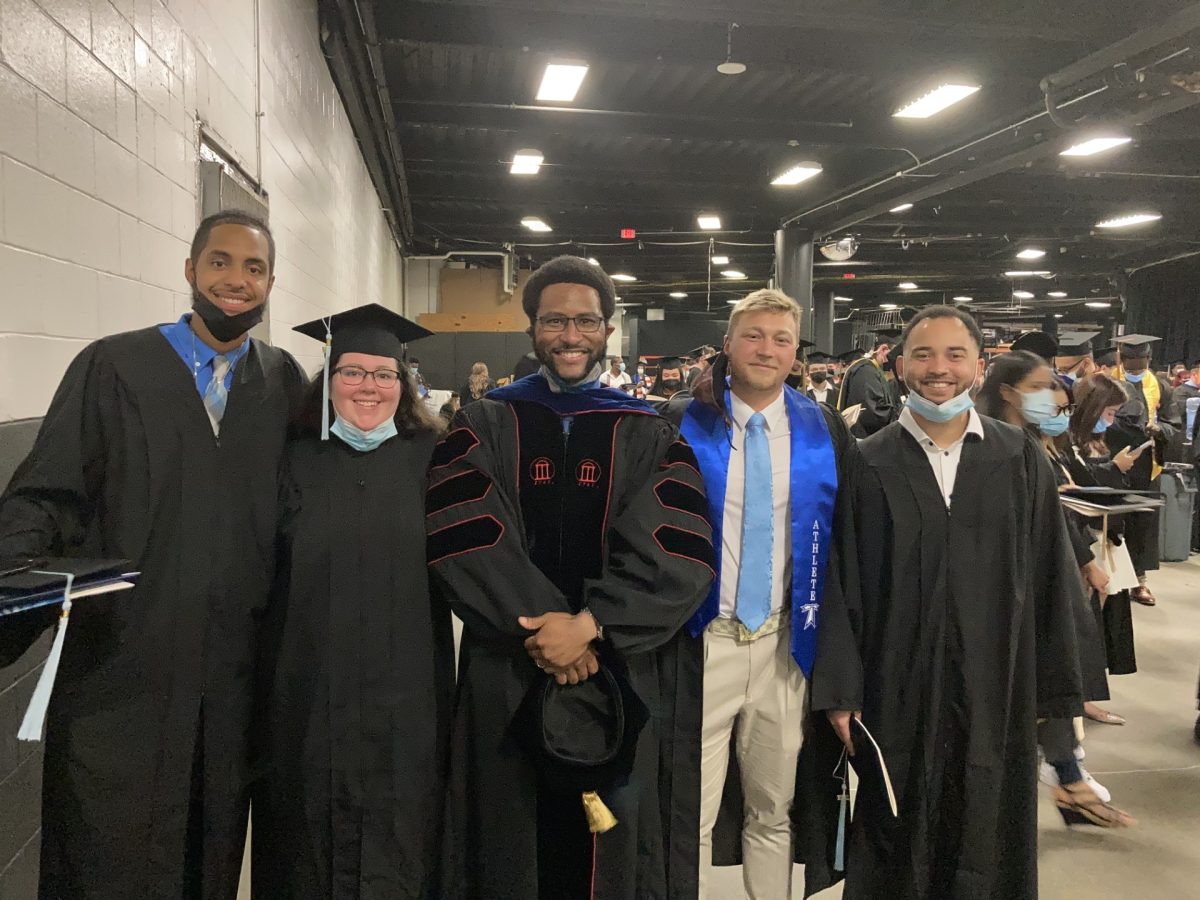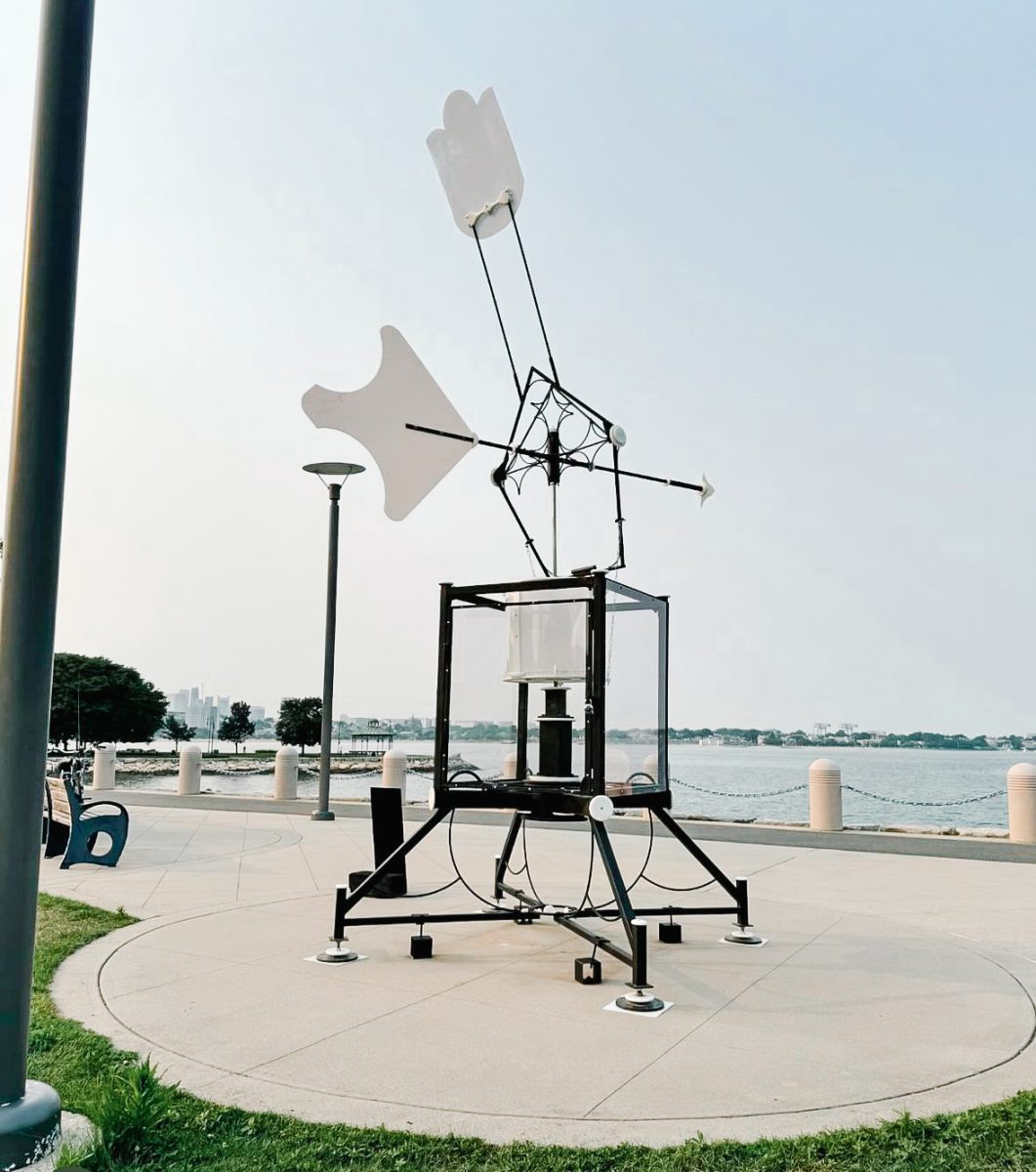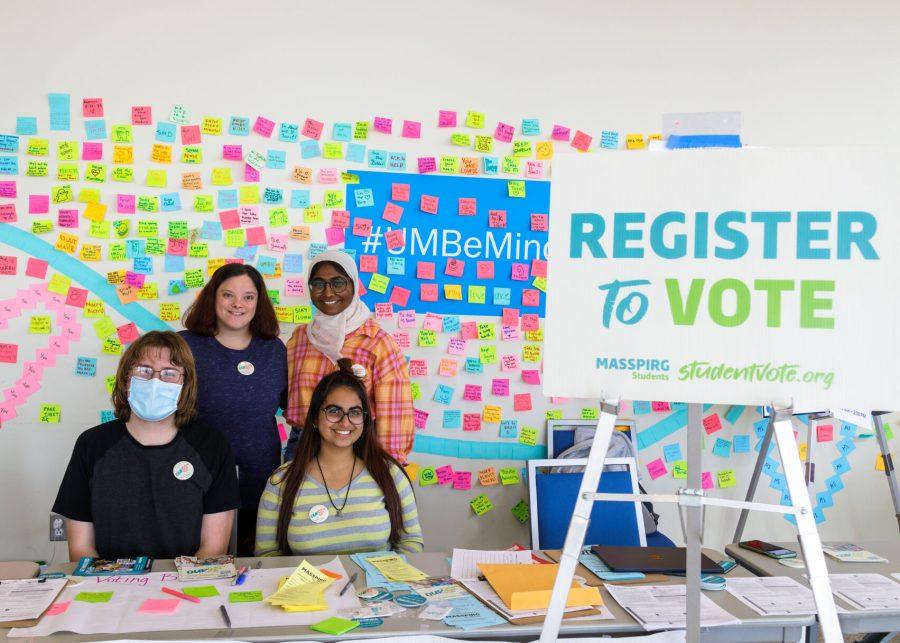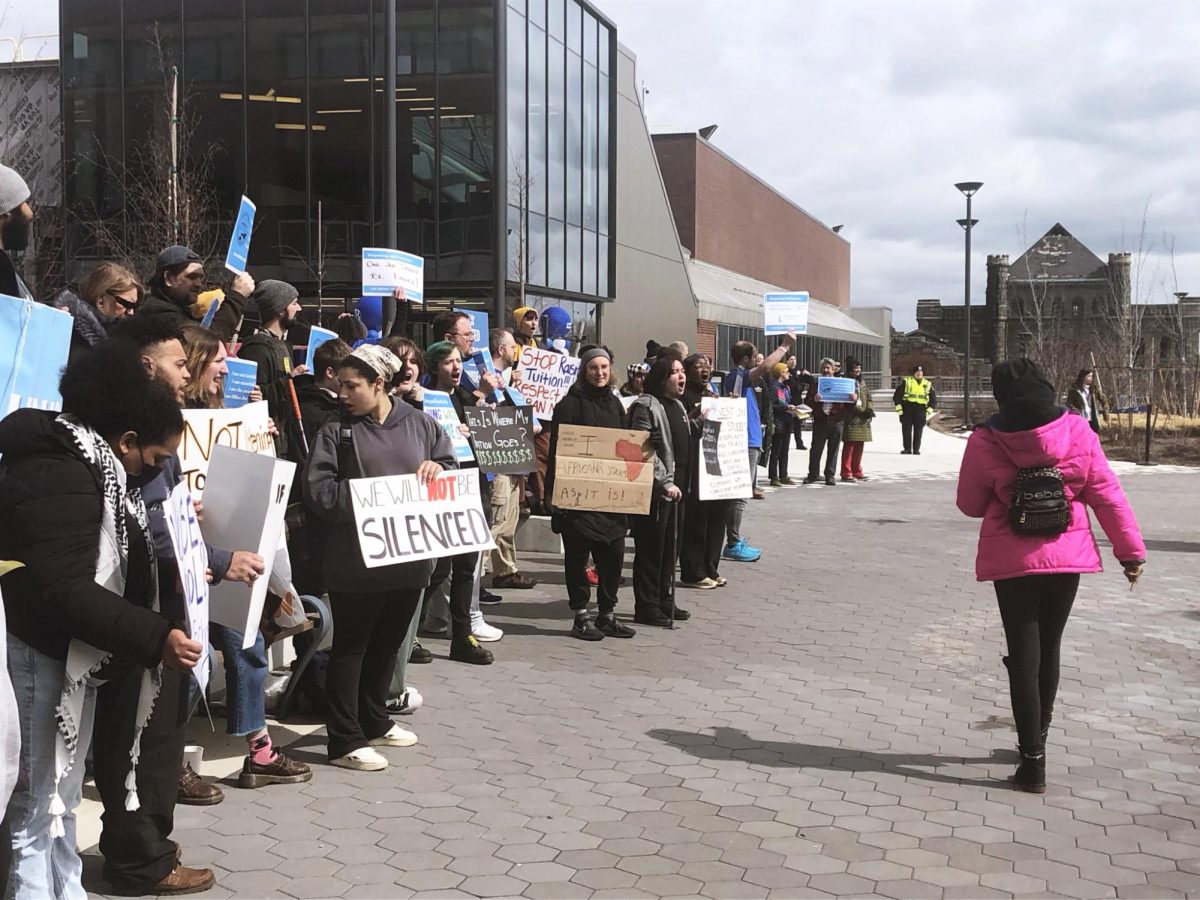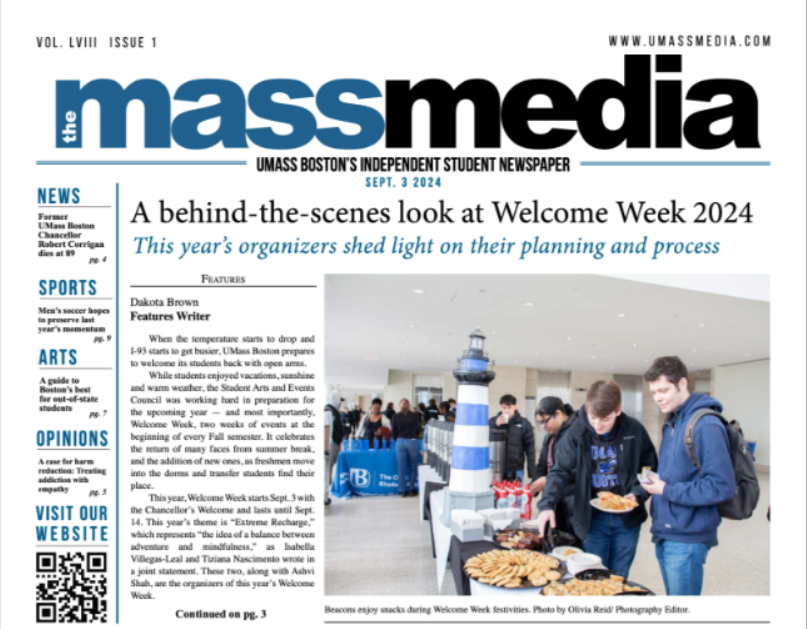Q&A with Johnathan Kraft

March 5, 2007
Jonathan A. Kraft is the chief operating officer and president of the Kraft Group, the holding company for the Kraft family’s business interests, which include the New England Patriots and the New England Revolution of Major League Soccer. Kraft is responsible for the management of the organizations and also works closely with his father, Patriots and Revolution owner Robert Kraft, to represent the teams at league meetings and conferences.
Earlier this week, I had a chance to do a phone interview with Kraft, touching on everything from Shawn Merriman to David Beckham. The first part of the interview was printed in last week’s issue, and is available at www.the-mass-media.com
Mass Media: Let’s switch gears and talk about your other major role as owner, along with your father, of the New England Revolution of Major League Soccer. First off, the MLS contract and salary system is so different from the other major sports, could you give a quick rundown of how it works?
Jonathan Kraft: Well the way MLS is structured is that you don’t actually own a team; everybody owns a piece of a central league organization and you’re given the right to operate a team in the local market. The league goes out and signs all of the players to the league so there’s not effectively free agents between teams and bidding (for those players). Then each player has a dollar value assigned to them based on the value of the contract they’ve signed with the league. Each team then has a certain amount of money, sort of a like a fantasy draft, that you can take up with the players on your roster, and that’s how it works. As long as a player is in the league and you haven’t cut him, your team has the rights to him. When his contract is up, if he wants to stay in MLS, he negotiates with MLS at the league office and his rights still stay with the team that had him. If he decides not to stay with MLS, he can go choose from all the other leagues in the world in Spain, France, Italy, the Premiereship in the U.K., Portugal…wherever. What that does is that you don’t have teams competing against each other financially for the rights to a player’s services, you have our league competing with other leagues around the world and in that regard we really are competing only with our partners when we go play them on the field and the rest of the time we’re just focused on growing the business. I’ll tell you, it’s a very successful model, so much so that the WNBA and the XFL (as well as MLL) who came after us copied our model essentially ver batim.
MM: So once a player is signed to the league, how do you decide what team that player is assigned to?
JK: He goes into a pool and then there’s a draft each year of all the new players that the league has signed, either kids from college or veteran players from around the league, and he’ll go into a draft. A team can also say to the league “Here’s a player that we’ve found in this place in the world and we’re prepared to have you spend $150,000 or $250,000 of our money to go sign him”, and he gets put on your team. In terms of the college players, they all get signed by the league and put in the draft, and that’s the way that works.
MM: So how did the process by which David Beckham ended up going to the L.A. Galaxy work?
JK: That’s kind of a unique case where Anschutz Entertainment, who own a couple teams in the league, wanted to do a bigger deal with him in general and went to league and said ” we want him to be an allocated player to us, here’s how much the league has to spend, and then we’re going to do a big marketing deal with him on the side.”
MM: Soccer is the most popular youth sport in America, I think something like 15-20 million kids play, so why don’t you think that translates into popularity for the MLS and for US Soccer?
JK: I think MLS is actually doing pretty well, I mean, the league’s only thirteen years old. Teams don’t go bankrupt in this league, teams don’t move around, our ratings nationally on cable, on ESPN2 outdraw the NHL on VS, we’re signing up big corporate sponsorships to long term deals, buildings are getting built specifically for teams in this league, the New York franchise (Red Bull) and stadium deal traded for over 100 million dollars last year…when you think about it, compared to something like the NHL, which has been around for 80 years as a national footprint in history, the fact that we can out-rate them on television nationally, our regular season versus their regular season, is pretty spectacular.
MM: So you think with time as the league grows it will be more of a reflection of the popularity of soccer?
JK: With the youth that are playing it and all of the new Americans that are coming to the league, as we continue to grow our national footprint, and this year we’ll add Toronto and over the next few season we’ll add three more teams, all of who are paying a material franchise rights fee to come in, all of whom are committing to building soccer only stadiums to be a part of the league, the leagues future is quite bright.
MM: Keeping on that vein, where do you see the MLS in five years? Also, as a follow-up, Lacrosse is growing exponentially and the MLL grew something like 500% a few years ago, do you see them as competition?
JK: Well as for lacrosse, they’re coming off a tiny base. I mean not to disparage them, but it’s a real tiny base. I think it’s hard to make a comparison between us and them. As for MLS five or ten years from now…I think we’re already a major player on the sports landscape, I think we’ll just continue to grow and become more and more of a factor.
MM: Do you see the league expanding more into Mexico and Canada?
JK: Potentially, but we’ve got some great cities in the U.S. with great people who want to own teams in them; Philadelphia, Seattle, Cleveland, St. Louis and San Diego are all markets that in short order you could see franchises in.

